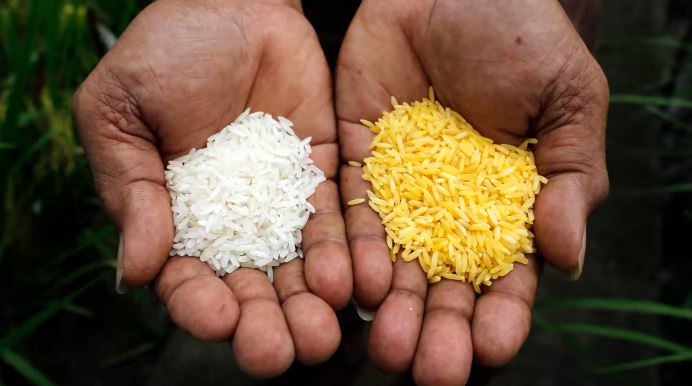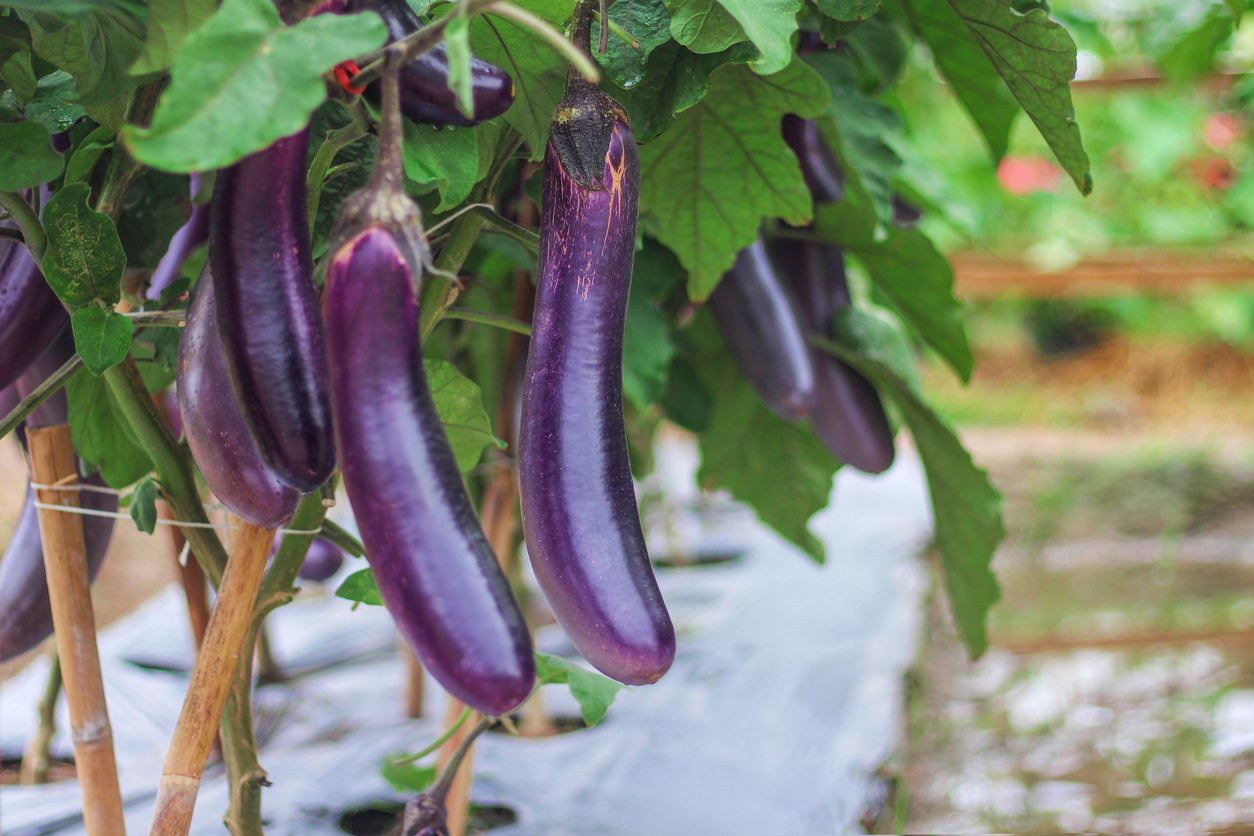Ban on GMOs a discouraging trend, BCP chair warns
Margust Dela Cerna | August 19, 2024
The head of Biotechnology Coalition of the Philippines (BCP) has warned that the Philippines may lose its biotechnology scientists following the Court of Appeals ban on the commercial ban Golden Rice and BT eggplant, along with the importation of genetically-engineered crops.
The Philippine Court of Appeals (CA) issued a writ of Kalikasan last April 17, putting a stop to the commercial propagation of GMO crops golden rice and Bt talong. The main opponents of the GM crops cited health and environmental impact, and corporate control of the produced crops.
But BCP chair Dr. Saturnina Halos said that there are many other GMO crops commercially produced in the Philippines with little to no negative impact on environment or health, such as corn and cotton.
She also noted “how such regulations discourage them (scientists) from doing their work with already so few research programs in effect.” A Berkley-trained scientist, Halos said the court ruling are “already discouraging students from going into the field, after seeing more than 20 years of research and development will just be stopped because of a decision made with no scientific basis.”
The Philippine Court of Appeals (CA) issued a writ of Kalikasan last April 17, putting a stop to the commercial propagation of GMO crops golden rice and Bt talong. The main opponents of the GM crops cited health and environmental impact, and corporate control of the produced crops.
But BCP chair Dr. Saturnina Halos said that there are many other GMO crops commercially produced in the Philippines with little to no negative impact on environment or health, such as corn and cotton.
She also noted “how such regulations discourage them (scientists) from doing their work with already so few research programs in effect.” A Berkley-trained scientist, Halos said the court ruling are “already discouraging students from going into the field, after seeing more than 20 years of research and development will just be stopped because of a decision made with no scientific basis.”

Fear of ‘brain drain’
“Syempre nadidiscourage ako sa mga syentista na nagtatrabaho sa GMO. Actually nga ngayon wala na akong alam na syentista na na gagawa nyan, (Of course I’m discouraged for the scientists working on GMO. Actually, right now, I don’t know any scientists working on it)”“Because of all the products that we cut off from production, just like Bt talong and Golden Rice,” she added.
This, she warned, “could lead to another prominent field in the Philippines facing a phenomenon called ‘brain drain’.”

Since the early 70’s, highly skilled practitioners of specialized fields such as medicine, education, maritime, and engineering have been migrating to other countries offering better opportunities and support for their vocation.
Adding that if GMO crops were truly dangerous to our health, the Berkley-trained scientist biotechnology scientist, noted that “everyone in the US would have cancer with the large quantity of GMOs in their food supply because nearly all of their food there is made with GMOs,” she noted Food safety regulators in Australia, New Zealand, Canada, and the United States have also declared golden rice safe for consumption.
Regarding corporate control of the crops, Halos said both Bt eggplant and golden rice were developed by national government programs at the University of the Philippine Los Banos and the Philippine Rice Research Institute, respectively.
She cited how relevant technologies such as cellphones and computers were easily accepted by the public, without fully appreciating the research and development that went into them while GMO crops, despite going through more than 20 years of development and being potentially just as beneficial to society were not easily accepted.
Halos pointed out that perhaps “education in the Philippines regarding science is largely based on memorization, which leads to a lack of understanding on modern and developing technologies.”
“If it were made to be more practical, people would more easily see the benefits of biotechnology and be more accepting of GMO crops,” she explained.
“Ang dami nating produkto ng siyensya na ang daling tanggapin, pero yung pagkain na malaki rin ng naitutulong sa magsasaka at maganda yung pagprotect nya sa ating kalikasan, yun pa yung dinale [We have so many products of science that we easily accept, but the food that brings massive benefit to farmers and protects our health is what is hindered],” she said.
Adding that if GMO crops were truly dangerous to our health, the Berkley-trained scientist biotechnology scientist, noted that “everyone in the US would have cancer with the large quantity of GMOs in their food supply because nearly all of their food there is made with GMOs,” she noted Food safety regulators in Australia, New Zealand, Canada, and the United States have also declared golden rice safe for consumption.
Regarding corporate control of the crops, Halos said both Bt eggplant and golden rice were developed by national government programs at the University of the Philippine Los Banos and the Philippine Rice Research Institute, respectively.
Lack of understanding and education
Halos said that one of the biggest issues in the Philippines regarding GMOs is a lack of understanding and education.She cited how relevant technologies such as cellphones and computers were easily accepted by the public, without fully appreciating the research and development that went into them while GMO crops, despite going through more than 20 years of development and being potentially just as beneficial to society were not easily accepted.
Halos pointed out that perhaps “education in the Philippines regarding science is largely based on memorization, which leads to a lack of understanding on modern and developing technologies.”
“If it were made to be more practical, people would more easily see the benefits of biotechnology and be more accepting of GMO crops,” she explained.
“Ang dami nating produkto ng siyensya na ang daling tanggapin, pero yung pagkain na malaki rin ng naitutulong sa magsasaka at maganda yung pagprotect nya sa ating kalikasan, yun pa yung dinale [We have so many products of science that we easily accept, but the food that brings massive benefit to farmers and protects our health is what is hindered],” she said.

